President Trump signed a bill Saturday, July 4, 2020, to extend the Paycheck Protection Program (PPP) application window until Saturday, August 8, 2020.
Key Highlights:
Reduced Payroll Costs Requirement: The payroll expenditure requirement of the PPP dropped to 60% (was 75%).
Longer Covered Period: PPP borrowers can use the 24-week period to restore their workforce levels and wages to the pre-COVID-19 levels required for full forgiveness. This must be done by December 31, 2020 (was previously June 30, 2020).
What Happens If Some Employees Reject Your Offer To Come Back To Work?
Short answer: It is OK as it won’t affect your forgiveness levels, but you have to meet the following qualifications:
- You must have made a written offer to rehire in good faith (either through e-mail or a physical offer on paper).
- You must have offered to rehire for the same salary/wage and number of hours as before they were laid off.
- You must have documentation of the employee’s rejection of the offer (written documentation with the employee’s signature showing they rejected your offer).
You can also qualify for an exemption if any of these conditions apply to one of your employees:
- They were were fired for cause.
- They voluntarily resigned.
- They voluntarily requested and received a reduction in their hours.
Do You, Or Someone You Know, Want To Apply For A PPP Loan?
If you, or someone you know, have NOT applied for your SBA Paycheck Protection Program (PPP), you need to hurry as the new application deadline is August 8, 2020. The highlights are:
There is approximately $100 billion still remaining in PPP loan money from 5,461 lenders.
As of July 6, 2020, 4.8+ million loans have been made in both rounds of the PPP program; the total loan value exceeds $510 billion.
The average PPP loan amount is $114,000.

 Since independent contractors bring their existing talents and skills to a job, providing additional training to a contractor might fall into the area of behavioral control and endanger their contractor classification. So, what do you do if you can’t require independent contractors to attend training but need them properly trained to service your business?
Since independent contractors bring their existing talents and skills to a job, providing additional training to a contractor might fall into the area of behavioral control and endanger their contractor classification. So, what do you do if you can’t require independent contractors to attend training but need them properly trained to service your business?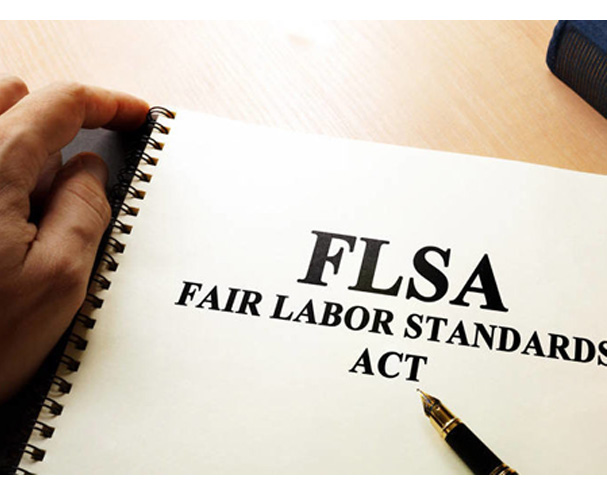
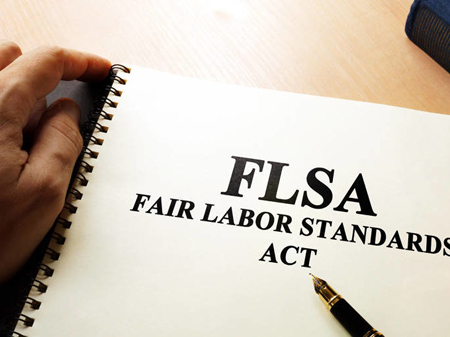 The Federal Fair Labor Standards act defines special minimum wage rates applicable to certain types of workers. Employees may be paid under the Florida minimum wage if they fit into one of the following categories:
The Federal Fair Labor Standards act defines special minimum wage rates applicable to certain types of workers. Employees may be paid under the Florida minimum wage if they fit into one of the following categories: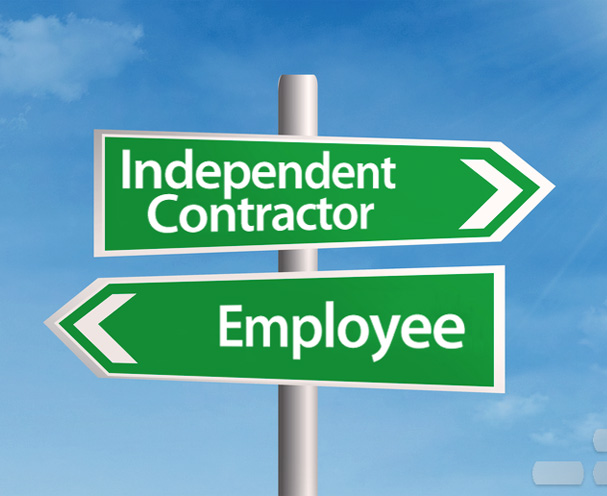
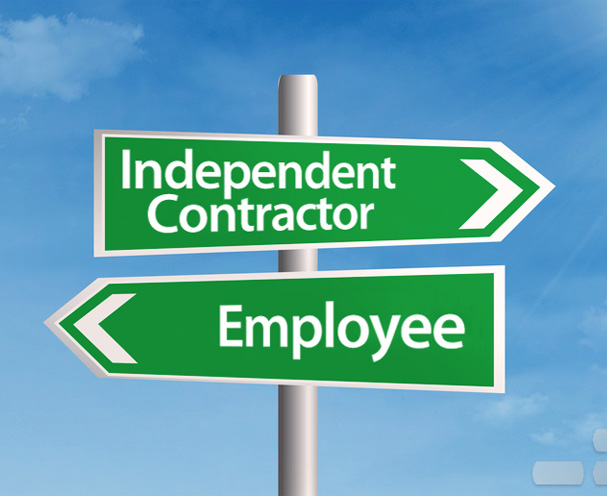 First of these costly mistakes is the misclassification of employees as exempt, mainly to avoid paying overtime. Cooks, wait staff, and even assistant managers rarely meet the legal requirement required by the IRS to exempt them from overtime laws. Yet, due to the long hours required of these jobs and the temptation to skirt overtime pay an owner will simply misclassify one of these positions as exempt.
First of these costly mistakes is the misclassification of employees as exempt, mainly to avoid paying overtime. Cooks, wait staff, and even assistant managers rarely meet the legal requirement required by the IRS to exempt them from overtime laws. Yet, due to the long hours required of these jobs and the temptation to skirt overtime pay an owner will simply misclassify one of these positions as exempt.
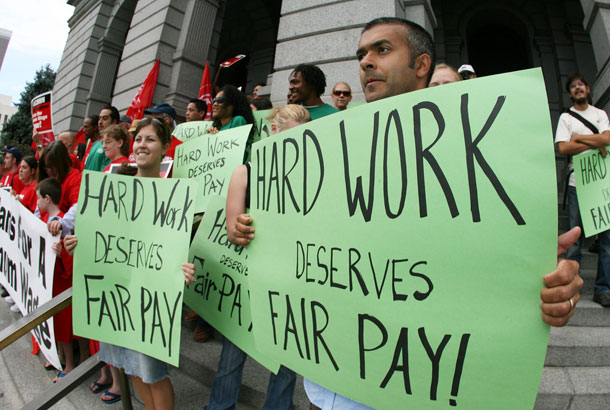 Political scientists have been studying campaign promises for almost 50 years, and the results are remarkably consistent. Most of the literature suggests that presidents make at least a “good faith” effort to keep an average of about two-thirds of their campaign promises.
Political scientists have been studying campaign promises for almost 50 years, and the results are remarkably consistent. Most of the literature suggests that presidents make at least a “good faith” effort to keep an average of about two-thirds of their campaign promises.
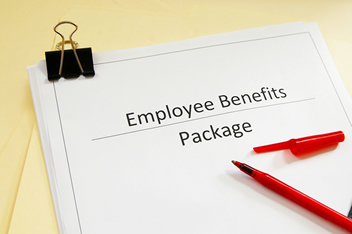 Enough about the research. What it boils down to is this: A great compensation and benefits package is only the beginning. So, if it’s not money that makes employees happy, then what will it take?
Enough about the research. What it boils down to is this: A great compensation and benefits package is only the beginning. So, if it’s not money that makes employees happy, then what will it take?